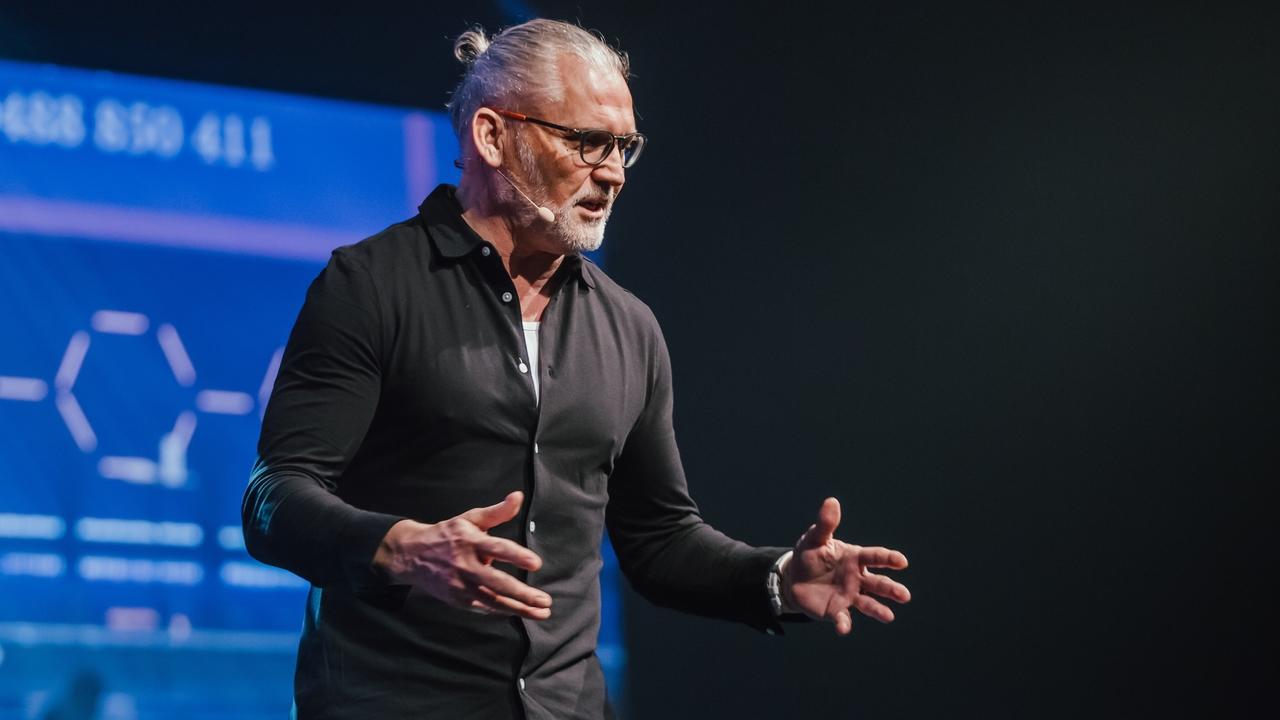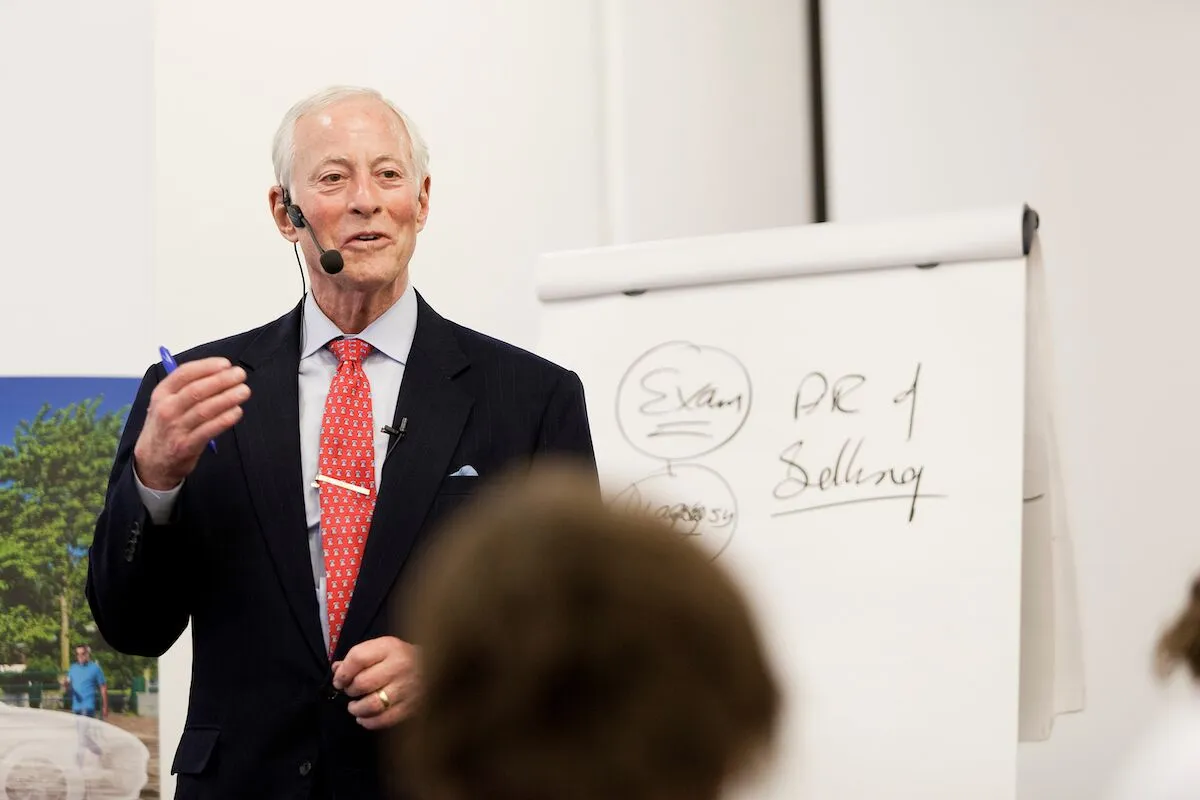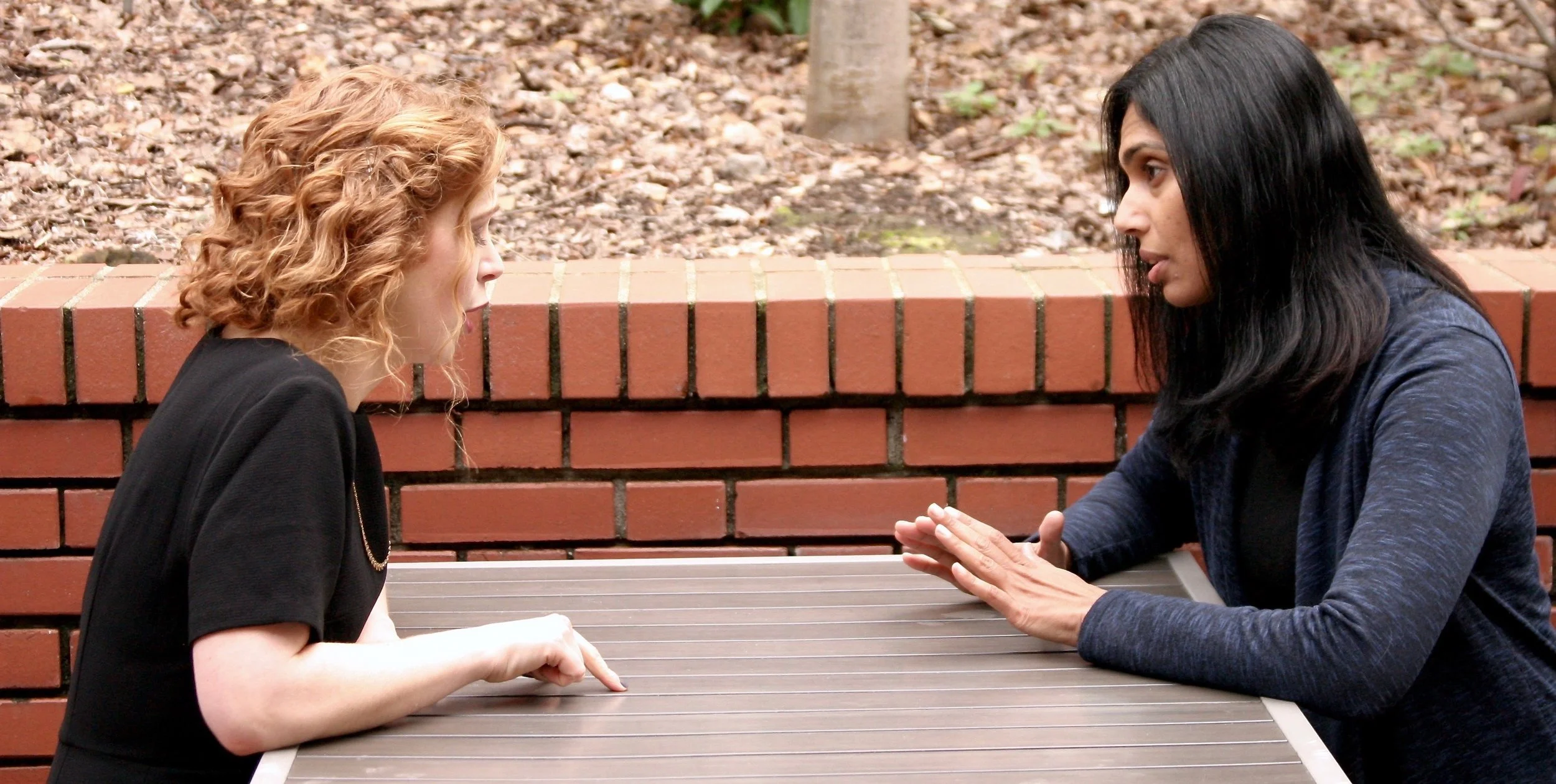Finding Your Voice in a World That Feels Too Big
I remember standing in front of my first audience, my hands shaking so bad I thought everyone could see the paper trembling. It was a small community meeting in Sudbury, maybe thirty people, but to me it felt like thousands. My mouth went dry, my mind went blank, and I wanted nothing more than to disappear through the floor. That was fifteen years ago, and if you had told me then that I would one day speak comfortably in front of groups, I would have thought you were crazy.
But here is the thing I learned over all these years - confidence is not something you are born with. It is not a gift that some people have and others do not. Confidence is like a muscle, and you build it the same way you build any muscle: through small, consistent efforts over time. You do not wake up one day able to lift heavy weights. You start with what you can manage, and you add a little bit more each time.
For those of us in Canada, there is an extra challenge sometimes. We have this cultural thing where we do not want to stand out too much, where being humble is valued more than being bold. I see it all the time - talented people with important things to say, holding themselves back because they worry about seeming too forward or too confident. But the world needs to hear what you have to say, and learning to speak with confidence is not about being arrogant. It is about respecting your own voice enough to share it.
This article is for everyone who has ever felt that fear in their stomach before speaking. For the people who have great ideas but struggle to share them in meetings. For the ones who avoid presentations at work or decline invitations to speak at events because the anxiety feels too big. I want to show you that there is a path forward, and it starts with steps so small they might seem almost too easy. But trust me - these small steps add up to something powerful.
Understanding Where Fear Really Comes From
Before we talk about building confidence, we need to understand what we are actually dealing with. That fear you feel before speaking - it is not just in your head. It is a real physical response that goes back thousands of years. Our brains are wired to see social rejection as a threat to survival, because for our ancestors, being cast out from the group could mean death. So when you stand in front of people to speak, your brain sometimes interprets this as danger and triggers the fight-or-flight response.
This is why your heart races, your palms sweat, and your mind goes blank. Your body is trying to protect you from what it sees as a threat. Understanding this helped me so much because I realized I was not broken or weak - I was just human. Every single person who speaks in public has to work with this same biological response. The difference is that confident speakers have learned to work with their fear instead of trying to make it disappear completely.
In my experience working with people across Ontario and beyond, I have noticed that we often make our fear worse by fighting it. We tell ourselves we should not be nervous, that we need to be perfect, that any sign of anxiety means we are failing. But what if we approached it differently? What if we accepted that some nervousness is normal and natural, and we focused instead on building skills and experience that help us manage it?
The Myth of Natural Speakers
One of the biggest obstacles I see is this belief that some people are just natural speakers. You know the ones - they seem so comfortable in front of groups, like they were born doing it. But here is what I have learned after years of teaching and coaching: those "natural" speakers have almost always put in the work. They have practiced, failed, learned, and tried again. The difference is you did not see all those early attempts where they were just as nervous as you are now.
I think about my friend Margaret who everyone sees as this confident community leader now. What they do not know is that she spent two years attending Toastmasters meetings before she could get through a five-minute speech without her voice shaking. Or David, who gives presentations to corporate clients all across Canada - he started by practicing his talks to his dog because even practicing in front of his wife felt too scary at first.
Starting With the Smallest Possible Step
So where do you actually begin? The key is to start so small that it feels almost silly. If the idea of giving a presentation makes you want to run away, then that is not your starting point. Your starting point might be something like speaking up once in your next team meeting. Or it might be even smaller - maybe it is just making eye contact when you talk to the cashier at Tim Hortons and having a brief friendly exchange.
I know this sounds too simple, but I promise you it matters. Every time you do something that pushes you slightly outside your comfort zone and survive it, your brain records that experience. It learns that speaking up does not actually result in disaster. Over time, these small experiences accumulate and create a foundation of evidence that you can handle these situations.
The Practice of Daily Micro-Challenges
Here is something practical you can start tomorrow. Choose one small speaking challenge for each day. Monday might be asking a question in a meeting. Tuesday could be introducing yourself to someone new. Wednesday, maybe you share an opinion when your family is discussing something over dinner. These do not have to be big dramatic moments. The goal is consistency, not intensity.
What I love about this approach is that it takes the pressure off. You are not trying to transform yourself overnight. You are just adding one small challenge to your day, something manageable. And on days when you do it, you can acknowledge that win. You showed up. You spoke. You survived. That matters more than you might think.
For people living in smaller Canadian communities, this can actually be easier in some ways. You see the same people regularly, which means you can build on previous interactions. The person at your local coffee shop, your coworkers, your neighbors - these become your practice audience. And because these are lower-stakes situations than formal presentations, they are perfect for building that foundation.
Creating Your Personal Comfort Zone Map
One exercise that helped me tremendously was mapping out my comfort zones. I drew three circles, like a target. The inner circle was things I could do comfortably - talking one-on-one with friends, chatting with my family, that kind of thing. The middle circle was things that made me nervous but I could push myself to do - speaking up in small group discussions, making phone calls to people I did not know well. The outer circle was things that felt terrifying - giving presentations, speaking at events, leading meetings.
The strategy is simple: you spend most of your time in the middle circle. That is where the growth happens. You are not staying in your comfort zone where nothing changes, but you are also not throwing yourself into the deep end where the fear might overwhelm you. You are working at the edge of your abilities, stretching yourself just enough.
Moving the Boundaries Gradually
What happens over time is that your circles shift. Things that used to be in the middle circle become part of your inner circle - they do not make you nervous anymore. And some things from the outer circle move into the middle circle - they are still challenging, but they feel more manageable. This is how you build confidence: by gradually expanding what feels comfortable to you.
I remember when speaking to groups of ten people moved from terrifying to merely nerve-wracking. That felt like such a victory. Then groups of twenty became manageable. Now I can speak to larger audiences and while I still get nervous, it is a manageable nervousness, not the paralyzing fear I used to experience. But it took time and it took consistent practice at the edge of my comfort zone.
The Power of Preparation and Structure
Here is something that changed everything for me: I learned that confidence often comes from preparation. When you know your material well, when you have a clear structure to follow, when you have practiced enough that the words come naturally - that gives you something solid to stand on even when your nerves try to shake you.
For any speaking situation, I always prepare more than I think I need to. If I am giving a ten-minute talk, I might spend two hours preparing and practicing. That might sound like overkill, but it means that even if my nerves make me forget some things, I still have plenty of material to draw on. I know my opening line by heart. I know my key points. I have practiced the transitions. This preparation is like a safety net.
Building Your Basic Framework
Start with a simple structure that you can use for almost any speaking situation. I use what I call the "Three Points and a Story" method. You have an opening that gets attention, three main points you want to make, a story or example for each point, and a conclusion that ties it together. This structure is simple enough to remember even when you are nervous, but strong enough to carry you through most speaking situations.
Practice this structure with low-stakes topics first. Maybe you prepare a three-minute talk about your favorite hobby or a book you recently read. You are not giving this talk to anyone yet - you are just practicing the structure. Say it out loud to yourself. Record it on your phone and listen back. Get comfortable with the rhythm of it. Then when you need to speak in a real situation, you have this familiar framework to fall back on.
Finding Your Practice Community
One thing that really helped me was finding other people who were working on the same skills. In Canada, we are lucky to have organizations like Toastmasters clubs in most cities and many smaller communities. These are groups where everyone is learning to speak better, which means everyone understands the nervousness and the challenges. There is no judgment, only support.
If you cannot find a formal group, you can create your own practice community. Maybe it is a few coworkers who want to improve their presentation skills. Maybe it is friends who meet monthly to practice giving short talks to each other. The specific format does not matter as much as having a safe space where you can practice and get supportive feedback.
The Value of Supportive Feedback
Good feedback is specific and kind. It tells you what worked well and offers one or two suggestions for improvement. It does not tear you down or focus only on mistakes. When you are building confidence, you need feedback that acknowledges your progress while helping you grow. This is why the right practice community matters so much.
I remember getting feedback early on that focused only on everything I did wrong. It made me want to give up. But then I found people who would say things like, "Your opening was really strong - you got my attention right away. For next time, try slowing down a bit in the middle section so we can absorb your key points." That kind of feedback helped me improve without destroying my fragile confidence.
Dealing With Setbacks and Bad Days
Let me be honest with you - this journey is not a straight line up. You will have setbacks. You will have days where your anxiety feels as bad as it did when you started. You will give talks that do not go well. This is all part of the process, and it does not mean you are failing.
I still have speaking experiences that do not go the way I hoped. Maybe I lose my place, or I get a question I cannot answer well, or the audience seems uninterested. These moments used to devastate me. Now I have learned to see them as information rather than failure. What can I learn? What would I do differently next time? And then I move on.
Building Resilience Through Self-Compassion
The way we talk to ourselves after difficult experiences matters so much. If you beat yourself up every time something goes wrong, you are making it harder to try again. But if you can talk to yourself the way you would talk to a good friend - with kindness and understanding - you build resilience. You learn that mistakes are not catastrophic, just part of learning.
After a speaking experience that does not go well, I have a rule: I give myself twenty-four hours to feel bad about it if I need to, but I also have to write down three things that went okay and one thing I learned. This keeps me from spiraling into thinking everything was terrible, while still letting me acknowledge that it was hard. And then I make a plan for the next small step forward.
Celebrating Small Wins Along the Way
We are often so focused on how far we still have to go that we forget to acknowledge how far we have come. But celebrating your progress is not just feel-good stuff - it is actually important for building confidence. Every time you acknowledge a win, no matter how small, you are training your brain to associate speaking with positive outcomes.
Your wins might look different from someone else's, and that is okay. Maybe your win this week is that you spoke up in a meeting even though your voice shook. Maybe it is that you volunteered to give a presentation instead of waiting to be asked. Maybe it is that you practiced your talk three times instead of winging it. These are all real accomplishments that deserve recognition.
Keeping Track of Your Progress
I keep a simple journal where I write down my speaking experiences - not detailed notes, just a sentence or two about what I did and how it went. Looking back through this journal reminds me of how much has changed. Things that used to feel impossible are now routine. Situations that used to cause major anxiety now just cause minor nervousness. Seeing this progression written down helps me trust the process during difficult times.
Moving Forward With Patience and Purpose
Building confidence through small steps is not a quick fix. It takes time, consistency, and patience with yourself. But it works. I have seen it work for myself and for countless other people who started out terrified of speaking and gradually built genuine confidence. The key is to start where you are, not where you think you should be. To take steps that feel manageable, not overwhelming. To practice consistently, even when progress feels slow.
Remember that confidence is not about eliminating all nervousness or becoming a different person. It is about developing skills and experience that let you speak effectively even when you are nervous. It is about trusting yourself enough to share your voice, knowing that what you have to say matters. And it is about being patient with yourself through the inevitable ups and downs of this journey.
If you are reading this and feeling that familiar anxiety about speaking, I want you to know that you can do this. Not all at once, not perfectly, but step by small step. Start with one tiny challenge tomorrow. Then another one the day after. Keep showing up, keep practicing, keep moving forward. Your voice deserves to be heard, and you have the ability to develop the confidence to share it. It just takes time and those small, consistent steps that gradually add up to real transformation.
Start Your Speaking Journey Today
Ready to build your confidence through proven methods? Join our community of learners and get practical tips delivered to your inbox every week.




